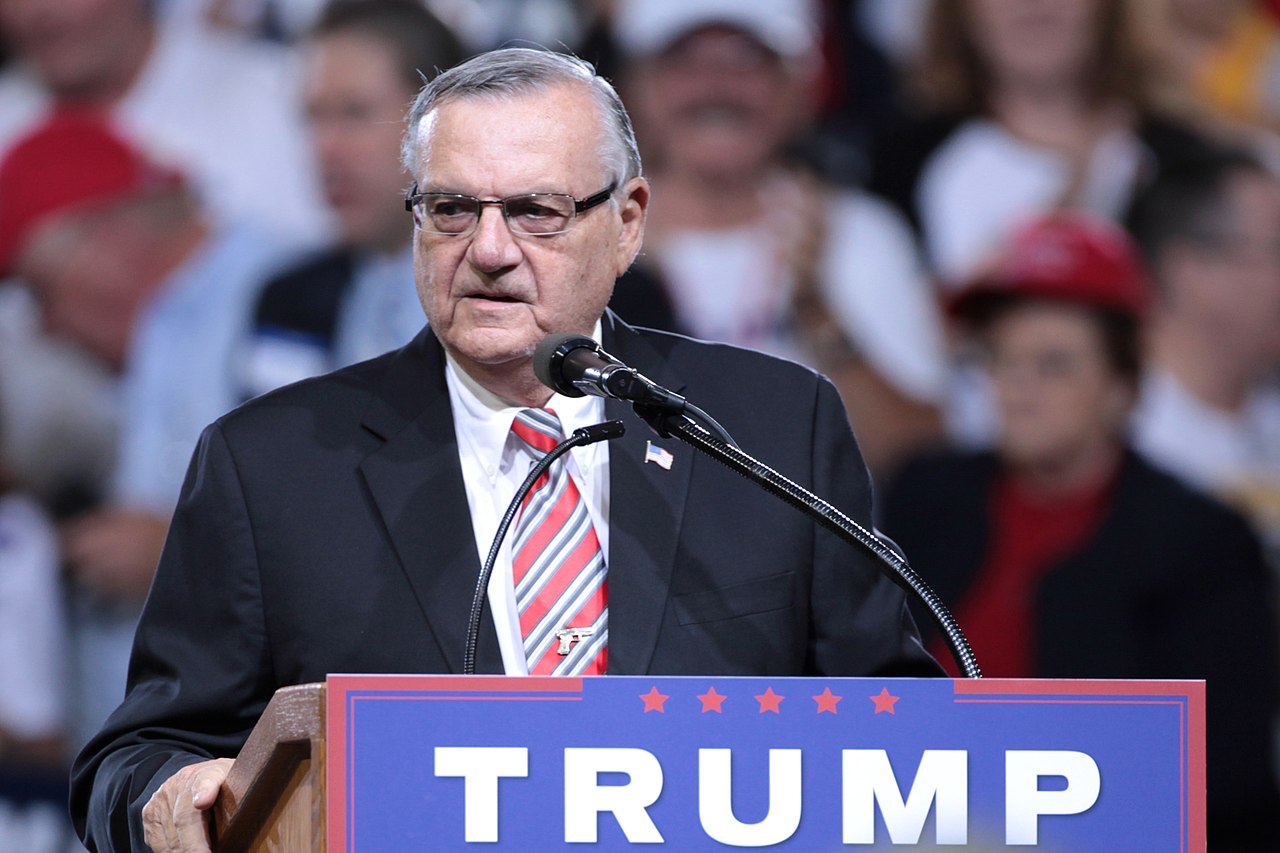"The pardon power was controversial from the outset; many Anti-Federalists remembered examples of royal abuses of the pardon power in Europe, and warned that the same would happen in the new republic. Critics[who?] argue that pardons have been used more often for the sake of political expediency than to correct judicial error.
In the 20th century, President Gerald Ford infamously pardoned former President Richard Nixon on September 8, 1974, for official misconduct which gave rise to the Watergate scandal.[13] Polls showed a majority of Americans disapproved of the pardon, and Ford's public-approval ratings tumbled afterward.[14] Other controversial uses of the pardon power include Jimmy Carter's grant of amnesty to Vietnam-era draft dodgers on his second day in office, January 21, 1977,[15] George H. W. Bush's pardons of 75 people, including six Reagan administration officials accused or convicted in connection with the Iran–Contra affair, and Bill Clinton's commutation of sentences for 16 members of FALN in 1999.
In the 21st century, Clinton's pardons of 140 people on his last day in office, January 20, 2001, including billionaire fugitive Marc Rich and his own brother, Roger Clinton, were heavily criticized. President Donald Trump issued his first pardon to former Arizona sheriff Joe Arpaio on August 25, 2017. Arpaio had been convicted of criminal contempt in federal court. Trump's pardon was met with widespread criticism, and was relatively unusual because it was issued early in Trump's presidency." [16]
Federal pardons in the United States - Wikipedia
image by Gage Skidmore
will the media tell the whole story?
don't hold your breath.

No comments:
Post a Comment